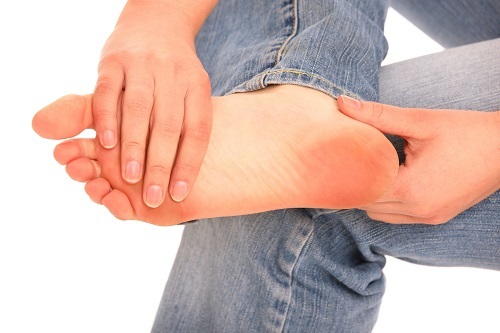Diabetes in Disguise?
86 million Americans have pre diabetes and 90% do not even know it! Symptoms result from higher-than-normal levels of sugar, or glucose, in your blood. Many of these warning signs are so mild that they are easily overlooked. Both type 1 and type 2 diabetes have similar warning signs.
Here are some key symptoms to look out for:
- Urinating Often: Your body reabsorbs glucose as it passes through your kidneys when you need to urinate. If you have an excess, your body will urinate more frequently to excrete the excess glucose not absorbed.
- Increased Thirst: Excreting excess glucose requires more liquid in order to urinate more frequently, so your body is going to require more fluids, leading you to feel thirsty.
- Extreme Fatigue: Your muscle cells resist insulin and do not get enough glucose from your blood supply when you are a pre diabetic. This can make you tired.
 Blurry Vision: Changing fluid levels in your body could make the lenses of your eyes swell up and impact their ability to focus.
Blurry Vision: Changing fluid levels in your body could make the lenses of your eyes swell up and impact their ability to focus. - Unexplained Weight Loss: If your body can't get energy from your food because you are consuming food that turns to sugar in your body, it will start burning muscle and fat for energy instead, causing weight loss even though you have not changed your diet.
- Frequent Yeast Infections: Diabetes can heighten susceptibility to various infections because fungi and bacteria thrive in high sugar environments.
- Slow Healing: Blood vessels can be damaged with excess glucose traveling in the blood sunset,m, so infections, cuts and bruises will not heal quickly.
- Skin Problems: Diabetes can affect the quality of blood circulation, resulting in itchy, dry, or darkening skin.
 Foot Pain or Numbness: High glucose levels in the body can damage the nerve endings in your feet causing pain or numbness.
Foot Pain or Numbness: High glucose levels in the body can damage the nerve endings in your feet causing pain or numbness. - Red, Swollen Gums: Diabetes may weaken your ability to fight germs, which increases the risk of infection in your gums and in the bones that hold your teeth in place.
Early detection and treatment can decrease your risk of developing complications. It is important to listen to what your body is telling you, so speak with your doctor if you think you have any of these symptoms.
comments powered by
Disqus

